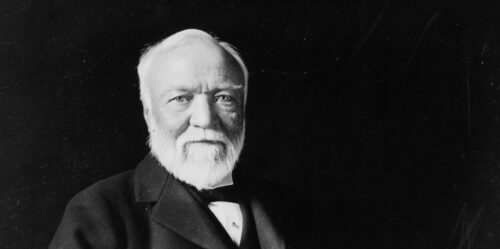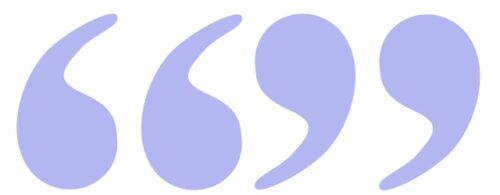SEARCH RESULTS

Michael Lind’s new book about the working class and labor unions adds to his thought about what big givers are doing in both politics and philanthropy, whom they’re ignoring, and the results.

Supporting credit unions could be the way for foundations to practice a more equitable and inclusive approach.






